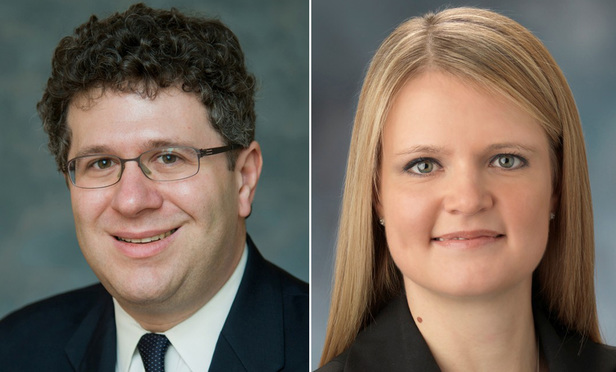This month marks the 10-year anniversary of United States v. Booker,1 the landmark case that transformed the federal Sentencing Guidelines into advisory sentencing rules. In the years following Booker, observers have recognized that the Sentencing Guidelines for white-collar fraud cases are not working as “guidelines.” The Guidelines often recommend sentences that are simply out of step with what most courts are willing to mete out.2 As a result, judges are frequently varying from the sentences recommended by the Guidelines, often substantially.3 This in turn often leads to significant disparities among defendants who have committed similar crimes and who have similar criminal records, a result that judges are instructed to avoid.4
The Guidelines cannot be said to provide useful guidance to district court judges if judges are varying from them at a high frequency and to a significant degree.5 For defendants, a plea offer from the government that is based on an extremely high Guidelines range creates what may be an undue incentive to proceed to trial: it is hard to accept a plea offer of 15 or 20 years. The existence of the high Guidelines range often forces the government to take harsher positions at sentencing than they know will be ordered, further depriving the district court of what might be useful insights about a particular case. In short, the fraud sentencing guidelines are broken. Since judges must give due credence to the Guidelines,6 the sentencing guideline framework needs to be fixed in order for the federal sentencing system to work.
This content has been archived. It is available through our partners, LexisNexis® and Bloomberg Law.
To view this content, please continue to their sites.
Not a Lexis Subscriber?
Subscribe Now
Not a Bloomberg Law Subscriber?
Subscribe Now
LexisNexis® and Bloomberg Law are third party online distributors of the broad collection of current and archived versions of ALM's legal news publications. LexisNexis® and Bloomberg Law customers are able to access and use ALM's content, including content from the National Law Journal, The American Lawyer, Legaltech News, The New York Law Journal, and Corporate Counsel, as well as other sources of legal information.
For questions call 1-877-256-2472 or contact us at [email protected]



